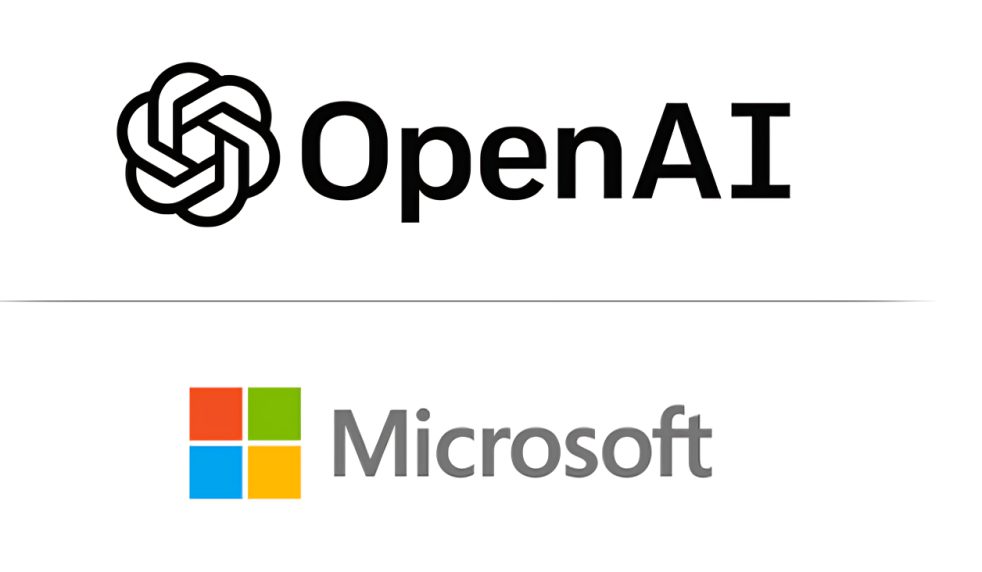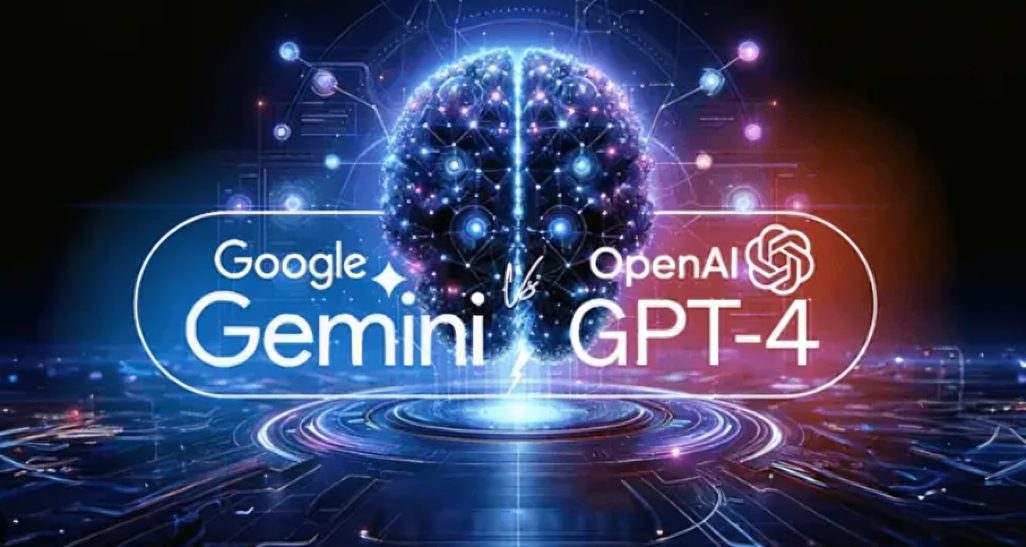Introduction: OpenAI-Microsoft Partnership
Have you ever wondered how search engines have become so intelligent and efficient in providing relevant information? Well, one crucial element behind this advancement is the widespread use of artificial intelligence (AI). The OpenAI-Microsoft partnership has been a significant driving force in integrating AI modules into Bing Search, revolutionizing the user experience and delivering even more accurate and helpful search results. In this article, we will delve into the details of this exciting collaboration and explore how Bing Search harnesses the power of AI technology.
How Bing Search Utilizes AI Modules
1. Semantic Understanding:
- Contextual Comprehension: OpenAI modules enable Bing Search to understand the context of a query, ensuring that search results are relevant and tailored to the user’s specific needs.
- Interpreting Complex Queries: Whether it’s a straightforward keyword search or a more intricate question, Bing can leverage these modules to interpret the meaning behind words and phrases, delivering insightful results.
2. Prediction Capabilities:
- Anticipating User Behavior: By analyzing various factors such as search patterns and user history, Bing can predict user preferences, allowing for personalized search results.
- Tailored Recommendations: These predictive capabilities enable Bing to offer personalized recommendations, ensuring that users find the information they need more efficiently.
3. Enhancing User Experience:
- Improved Search Accuracy: With open-AI modules, Bing can provide more accurate and relevant search results by filtering out irrelevant or low-quality content.
- Personalization: Bing can tailor search results to each user’s preferences, enhancing the overall user experience by presenting information that aligns with their interests.
- Real-time Updates: OpenAI modules help Bing stay updated with the latest trends and information, ensuring that users receive timely and relevant content. This real-time updating feature further enhances the user experience by providing current information.
Understanding the OpenAI-Microsoft Partnership
1. OpenAI: Shaping the Future of AI
OpenAI, founded in 2015, is an organization committed to ensuring that artificial general intelligence (AGI) benefits all of humanity. By conducting in-depth research and developing state-of-the-art AI models, OpenAI has been instrumental in pushing the boundaries of AI technology. Their mission aligns perfectly with Microsoft’s vision of making AI accessible and beneficial to everyone by creating more powerful and inclusive tools.
2. The Microsoft Advantage
Microsoft, a technology giant known for its innovative solutions and commitment to advancing AI, joined hands with OpenAI in 2019 as a strategic partner. This partnership brought together OpenAI’s cutting-edge AI capabilities with Microsoft’s extensive resources, including vast amounts of data, infrastructure, and development expertise. Together, they set out to achieve remarkable progress in natural language processing (NLP) systems, benefiting various fields, including search engines like Bing.
3. Bing Search and AI: A Perfect Blend
Incorporating AI into Bing Search
Bing Search, Microsoft’s renowned search engine, has made significant strides in recent years, infusing AI into its core functionalities. With the integration of OpenAI’s powerful AI modules, Bing Search has become smarter and more effective at understanding user queries, deciphering intent, and delivering highly relevant search results. Let’s explore the key areas in which AI enhances the Bing Search experience.
1. Language Understanding and Context
- AI-powered Language Models: Thanks to OpenAI’s language models, Bing Search can now decipher more complex and nuanced user queries. These models leverage deep learning algorithms to grasp the precise meaning behind search terms and consider the broader context. By understanding the intent behind a query, Bing can provide more accurate and contextually relevant search results.
“The integration of OpenAI’s language models has empowered Bing Search to comprehend the subtleties of human language, delivering search results that align perfectly with users’ intentions.” - Natural Language Processing: Natural language processing (NLP) is a fundamental component of AI that enables machines to understand and interpret human language. Bing Search utilizes advanced NLP techniques to analyze search queries, identify entities, and generate more informative snippets that appear in search results. By comprehending the nuances of phrasing and context, Bing can deliver precise and targeted information to users.
2. Enhanced Search Results
- A deeper understanding of Entities and Relationships: With the help of AI modules, Bing Search has become adept at recognizing and understanding entities and their relationships. For example, when you search for a famous landmark, Bing can present not only basic information but also related details such as historical facts, nearby attractions, and popular events. This deeper understanding allows users to dive into comprehensive and insightful search results.
- Intelligent Image and Video Search: Bing Search’s AI integration has also transformed the way image and video searches operate. AI empowers the image search feature to identify objects, and scenes, and even extract text from images. Video searches have become more intuitive too, with Bing being able to analyze video content more effectively and provide precise timestamps for key moments within a video.
3. Personalized User Experience
- Adaptive Learning: One of the remarkable aspects of Bing Search’s AI-powered capabilities lies in its adaptive learning system. OpenAI’s models enable Bing to learn from user behavior, preferences, and search history, resulting in a more personalized search experience. By analyzing patterns and identifying user intent, Bing can proactively recommend content that aligns with individual preferences, making search results more personalized and convenient.
- Intelligent Assistants Integration: In synergy with AI advancements, intelligent assistants such as Microsoft’s Cortana have been seamlessly integrated with Bing Search. Users can now engage in natural language conversations with these assistants, making search queries more conversational and intuitive. Bing can provide helpful suggestions, answer questions, and execute tasks directly from the search results, further enhancing the user experience.
Conclusion
The OpenAI-Microsoft partnership has undoubtedly revolutionized the world of search engines, particularly with Bing Search harnessing the power of AI modules. By incorporating OpenAI’s cutting-edge language models, natural language processing techniques, and intelligent learning systems, Bing Search delivers remarkably accurate, insightful, and personalized search results. As this partnership continues to evolve, we can expect even greater advancements in AI-driven search engines, empowering users worldwide with an enhanced search experience.
“Thanks to the OpenAI-Microsoft partnership, Bing Search now stands at the forefront of AI-powered search engines, utilizing state-of-the-art technology to provide users with truly exceptional search results.”
You may also like: Google Gemini is Different from Chat GPT




